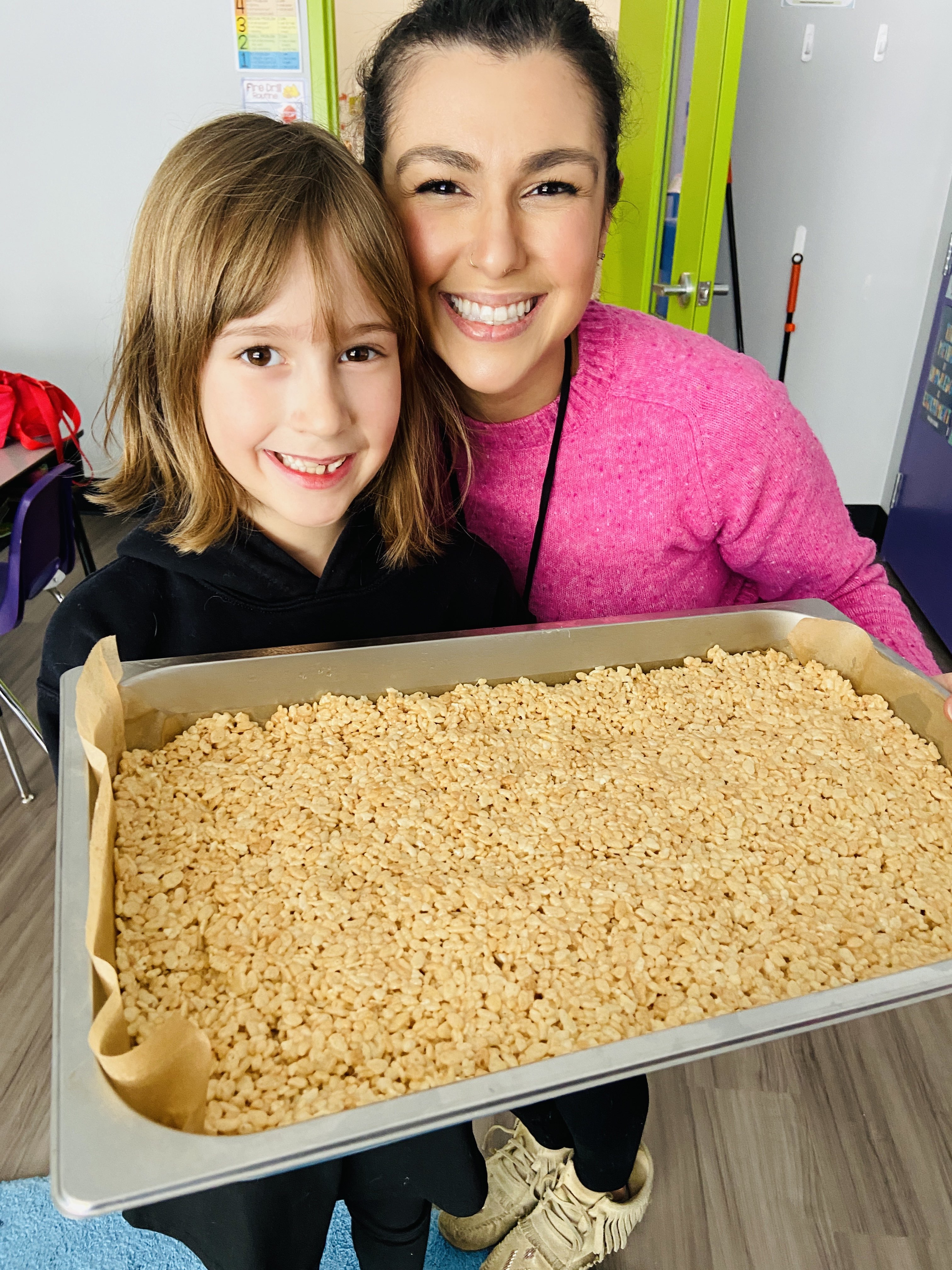“Fine.” “Good.” “I don’t remember.” Do these answers sound familiar to you? If they do, do not worry, you aren’t alone in hearing these brief answers from your child about their school day. Many parents ask their child, “how was school?” or “how was your day?” but struggle to get a meaningful response. Is it because your child doesn’t want to talk about it, or are there underlying reasons behind these responses?
Open-ended questions may seem like a better approach, but this form of broad questioning may make your child feel stress or pressure. From the moment they say goodbye to you in the morning until the moment they see you again after school, your child has experienced a lot of different events and feelings. They may become overwhelmed by trying to summarize everything that happened to them in their day into one short answer.
One way to encourage more meaningful conversations with our children is to ask more specific questions. Try asking person-specific questions, such as: “who did you play with at recess today?” or subject-based questions such as “tell me anything you learned in math or about numbers”. Another strategy you can use is asking questions based on what you already know so you can prompt and guide them through their recall of the event. For example, if you are in communication with their teacher, you may ask how a specific art project went or if they got a grade back on a piece of work you know the teacher handed back to them.
Next, it is also important to think about where you are having the conversation. Sometimes the best place to have these conversations is in the car ride home from school. Your child may feel more relaxed in the backseat of the car when they don’t feel the pressure of a face-to-face conversation. They may also feel more comfortable talking about their day at dinner or before bed after they have had time to decompress.
Another strategy to try is modelling what it looks like to recap our day. Talk about specific events that happened to you at work or at home. Demonstrate what it looks like to discuss your thoughts and feelings, since children often learn through watching and repeating. This strategy may also help you make connections with your child to better understand their feelings. Try talking about both the good and the bad to show your child that it is okay to open up about challenges. Work through their problems together to help them develop problem-solving skills. Teaching your child how to respond to issues in a healthy way can help them become more resilient when challenges arise at school or in their everyday lives.
It is important for children to know that their parents and important adults are there to listen and engage in conversations. You may see them begin to open up with you more and more if they know you are truly there to just listen. This is reflected in how you greet them when you see them at the end of their day, methods you use to minimize your own distractions like phones and televisions and in acknowledging what they have shared with you.
The next time you pick your child up from school, what will you ask?
 Urban Village Academy
Urban Village Academy